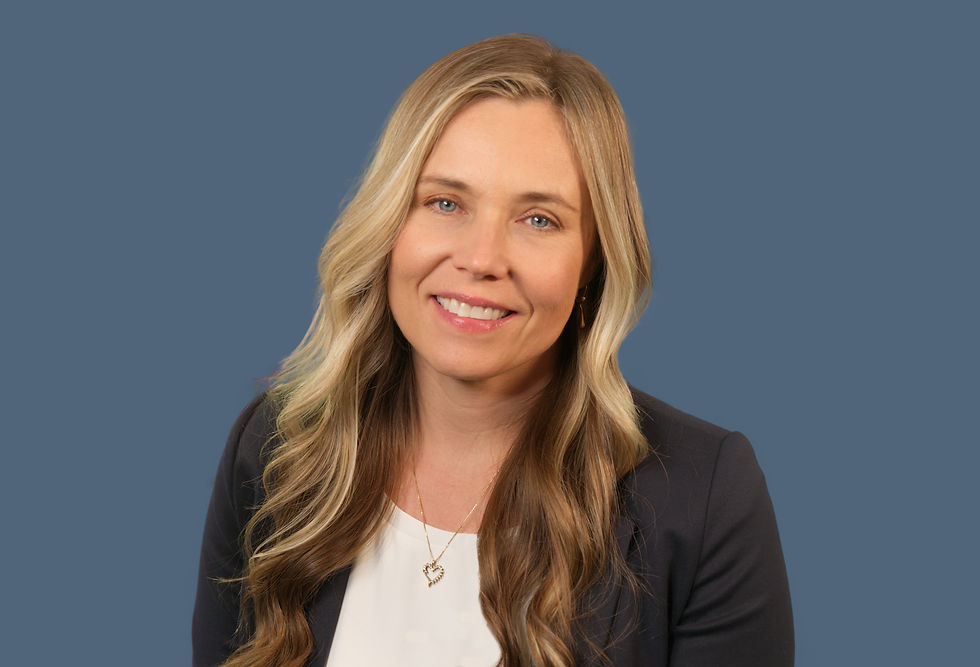How ego can imperil your career
- Dave Veale

- Oct 29, 2019
- 3 min read
Updated: Sep 23, 2021


Leaders who have risen to the top of organizations tend to exude great confidence. And, after working with determination and competing for the top job, they often have a strong ego. Some develop what is known as hubris syndrome, resulting in overconfidence. This leads to impulsive decision-making that causes turmoil among those who work for them and can damage the organizations they lead. These individuals aren’t open to feedback from others. They come to rely too much on their own instincts, convinced perhaps that no one knows better than they do. Ultimately, this mindset could very well cost them their careers. Fortunately, most leaders haven’t risen to this level of arrogance. But the risk is certainly there. One of the challenges of a strong ego is that it can get in the way of leaders opening themselves to experiences that can help them learn and grow as leaders. Their ego has them convinced that they can figure everything out for themselves.
Our Ego Defines Us From a Freudian perspective, ego is the part of our personality that drives conscious decisions. Our ego also defines how we look at ourselves and how we believe others see us. People with strong egos who shut out or shut down others can end up blind to dangers ahead. Coaching can help rising stars in management and established executives avoid perils that could damage – or even end – their careers, should they be open to it. Coaching is a process that supports leaders in developing their skills and solving business challenges. Some leaders wrongly view coaching as a sign of weakness – their egos prevent them from being open to coaching as a source of help, strength and resilience.
The Leadership Ego Openness Checklist Ego openness refers to how open a leader is to accepting support or information from others. A positive, healthy ego will accept that there’s no way any leader will have all the answers.
Such an open ego would believe it’s OK to:
ask others for help
accept help from others
not have all the answers
admit to direct reports, “I don’t know.”
be open to new paths, including learning and developing. A leader who can say yes to all the above is much more likely to be open to coaching. Conversely, a leader concerned about what others may think of them and is fearful coaching will make them appear weak will not be open to it.
We Know Coaching Can Help We know coaching works. Research demonstrates that coaching is an excellent developmental tool for leaders. But a leader has to be open to coaching for it to be effective. This is one reason why at Vision Coaching we ask every potential coachee to complete the “Are You Coachable?” survey.
Putting leaders into coaching when they aren’t ready can end in a negative experience for both coach and coachee. For organizations that want to leverage coaching and all its benefits, it’s helpful to have open conversations with leaders about what coaching is and is not.
This can help increase some leaders’ level of confidence that being coached is not a sign of weakness but rather a sign of strength.
Wise leaders accept their limitations and make commitments to take proactive action to close gaps rather than ignoring or denying them.
Dr. Bill Howatt, President of Howatt HR Consulting and Chief of Research, Workforce Productivity, for the Conference Board of Canada, is Chief Learning Officer of Vision Coaching Inc.



Comments